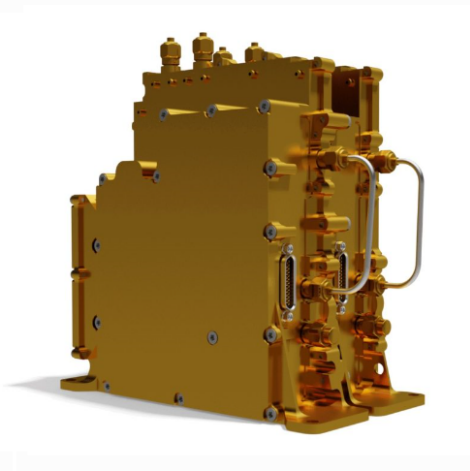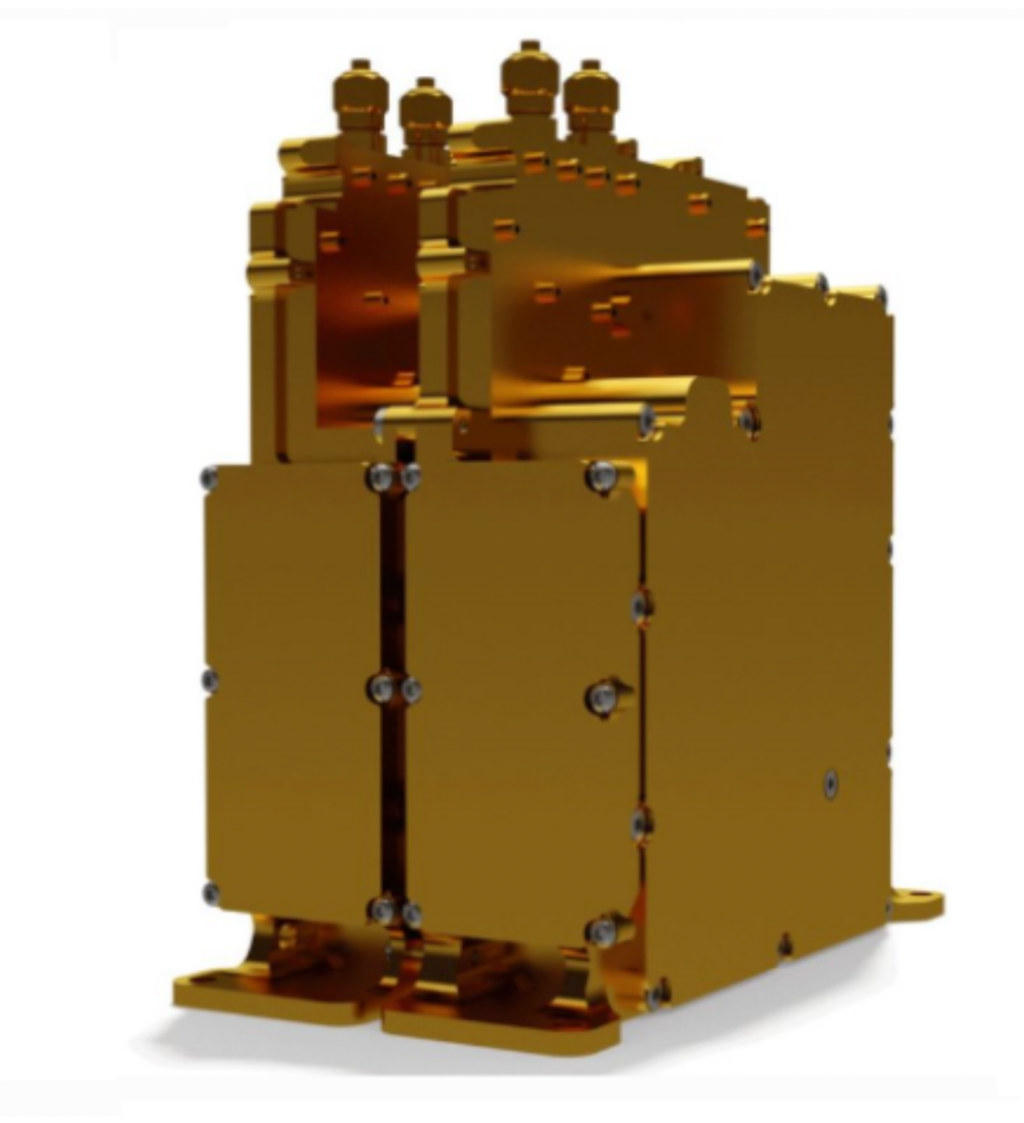MLO – Master Local Oscillator Project

On May 14, 2019, at the ESA ESTEC headquarters, we reached a significant milestone. The team successfully completed a key phase in the development of the Dual Redundant Medium Power Master Signal Source, also known as the Master Local Oscillator (MLO).

What is the Master Local Oscillator (MLO)?
The MLO device is a modern redundant medium-power satellite signal source used in space communication systems. It builds upon a proven predecessor — a local oscillator operating at 8.6 GHz, integrated with a hybrid downconverter. This earlier solution was developed by RUAG Space AB and successfully implemented in satellite systems.
The new MLO serves a similar function but comes with expanded capabilities. Its primary role is to provide a stable, redundant reference signal, which is critical for satellites operating in geostationary orbit (GEO).

Next Step: Achieving Technology Readiness Level 7 by the End of 2019
Following a successful Critical Design Review (CDR), the MLO project has entered its final development phase. The team aims to reach Technology Readiness Level 7 (TRL7) by December 2019. Testing and qualification are being conducted using a fully qualified engineering model (EQM).
Durability and Reliability in Space
The MLO is designed to operate for more than 15 years in GEO orbit. Its construction ensures high reliability and continuous operation, which is essential for telecommunication satellites, navigation systems, and other space applications.
Why is a Redundant Signal Source So Important?
Modern satellites employ redundant local oscillators to guarantee uninterrupted communication system performance. If one unit fails, the backup immediately takes over signal provision, minimizing the risk of service interruption.
Summary
The Master Local Oscillator project represents a major step forward in space technology development. After a successful CDR, the team is well on track to achieve TRL7, confirming the device’s readiness to perform under real orbital
Our Space Technologies
SpaceForest also develops other advanced electronic technologies, primarily for space applications. Discover our full range of solutions here:
images source: https://www.allardarchitecture.com/projects/estec-campus/


